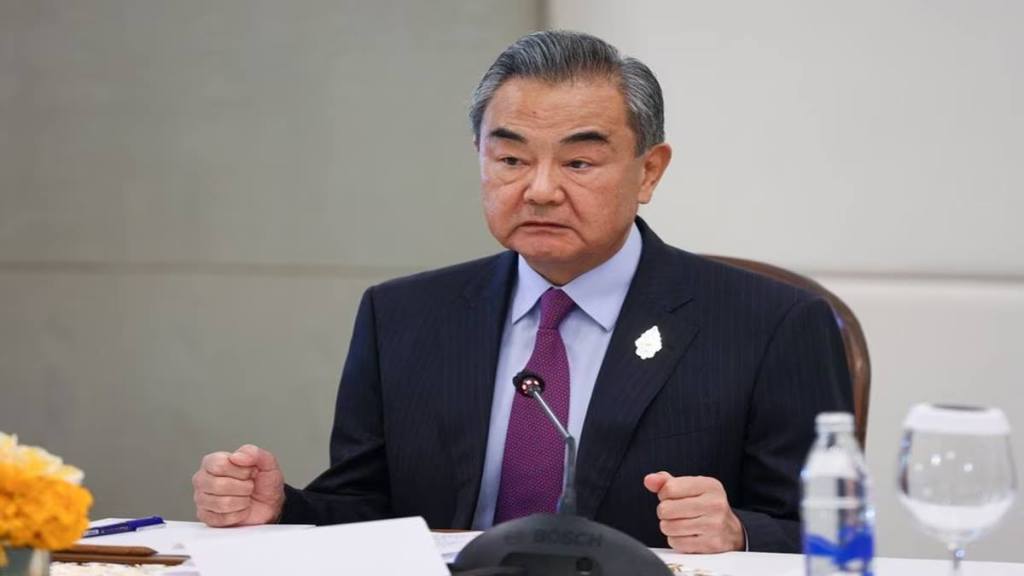In a surprising turn of events, China has named Wang Yi as its new foreign minister, replacing Qin Gang, who has been absent from the post for almost a month. Qin, who became one of China’s youngest foreign ministers in December 2022, had not been seen in public since June 25, raising questions and fueling speculations about his whereabouts.
Having previously served as envoy to the United States, Qin Gang earned a reputation as a “Wolf Warrior,” a term used for the new generation of Chinese diplomats known for their assertive and often inflammatory rhetoric when responding to Western criticism of Beijing. With his fluency in English and reputation as a confidante of President Xi Jinping, Qin played a significant role in representing China’s foreign interests.
In 2020, Qin commented on the deteriorating image of China in the West, attributing it to the refusal of Europeans and Americans, especially the media, to accept China’s political system and its economic rise. During his tenure as ambassador to the United States, Qin made numerous public appearances in Washington to articulate China’s position.
Following his appointment as foreign minister, Qin embarked on a busy schedule, visiting various regions like Africa, Europe, and Central Asia, while also hosting foreign dignitaries in Beijing. However, his absence from the high-level ASEAN summit in Indonesia two weeks later raised eyebrows and triggered widespread speculation.
The Chinese foreign ministry attributed Qin’s absence to “health reasons,” but the lack of detailed information only led to further rumors and online discussions. As his absence continued, doubts began to mount over the smooth functioning of China’s diplomatic affairs.
In the vacuum left by Qin Gang’s absence, according to reports, Wang Yi, a prominent figure in China’s political hierarchy, has stepped in to assume some of Qin’s responsibilities. This move was made evident by Wang’s recent travel to South Africa to attend a BRICS meeting on security affairs in Johannesburg.
Despite the assurance from Beijing that China’s diplomacy is functioning as usual, questions persist about the reasons behind Qin’s absence and the potential impact on the country’s foreign relations. The abrupt cancellation of a visit by the European Union’s foreign policy chief to Beijing and the postponement of UK Foreign Secretary James Cleverly’s visit have added to the intrigue.
Wang Yi’s interim representation might soothe concerns for now, but as the month-long absence of a visible foreign minister persists, doubts will continue to surface about the seamless continuity of China’s diplomatic endeavors.
While the official reason for Qin Gang’s absence remains “health reasons,” the lack of transparency has triggered speculation about the underlying circumstances. As China navigates the complexities of international relations, the mystery surrounding its foreign minister’s disappearance has become a topic of intense interest both within the country and globally. As the situation unfolds, the world watches closely to understand the implications for China’s foreign policy and diplomatic engagements.


